'Wrapped it in newspaper, left it in my garage'
SAM SACHDEVA
Last updated 14:31 19/02/2013

JOHN KIRK-ANDERSON/Fairfax NZ
Amateur fossil hunter Al Mannering, who discovered the skull of the world's oldest penguin, left, which is shown compared with a modern penguin.
Amateur fossil hunter Al Mannering, who discovered the skull of the world's oldest penguin, left, which is shown compared with a modern penguin.
Al Mannering, who first found fossils of the bird at the Waipara River in 1997, made the new find in 2003 but did not realise its significance until preparing it late last year. 'I wrapped it in newspaper and left it in my garage for 10 years, then last year I thought, 'I'd better have a go at that. Once I realised what it was, I emailed [the museum] straight away.''
Canterbury Museum senior curator Paul Scofield said the fossil, from the Paleocene era, was in ''exceptional'' condition. ''On a worldwide basis, it would be as good as fossils of this age get.'' Scofield said the skull was one of the most important parts of the body for paleontologists, providing valuable hints about the bird's history and its connection to other penguins.
Museum scientists would compare the skull with those of thousands of other penguins to develop a ''family tree'' and determine how the bird related to both modern penguins and the dinosaurs. The researchers would also do a CT scan of the skull at Christchurch Hospital, allowing them to reconstruct its brain and outline its abilities and lifestyle. ''As birds become specialists in flight or diving, it changes the way their brain works: now we can start to make guesses at how these animals actually lived,'' Scofield said.
The museum would work with American scientists from the University of Texas who had found similar fossils in South America, which had recently separated from New Zealand at the age the fossils dated back to. ''It's a really sexy field in paleontology, because penguins were one of the earliest bird groups to evolve.''
Scofield said the Paleocene era was ''absolutely crucial'' to scientific understanding of modern birds and mammals, due to dramatic change which occurred during the period. ''As soon as we became free of dinosaurs, evolution went crazy,'' he said.
source




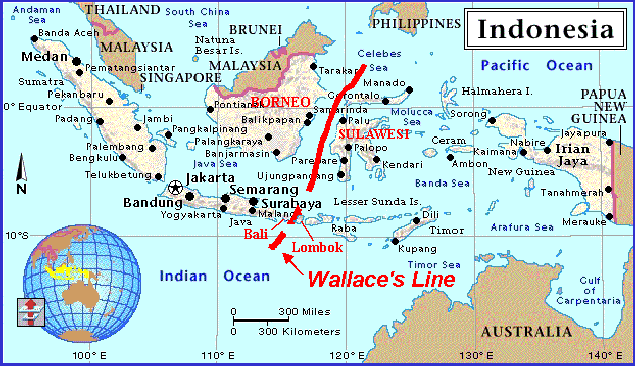


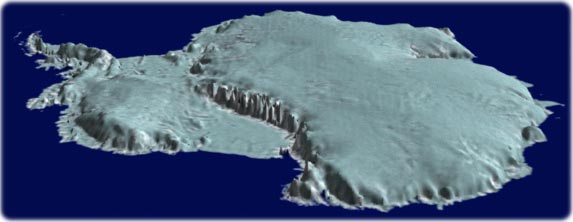
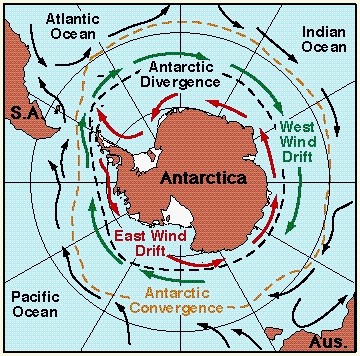





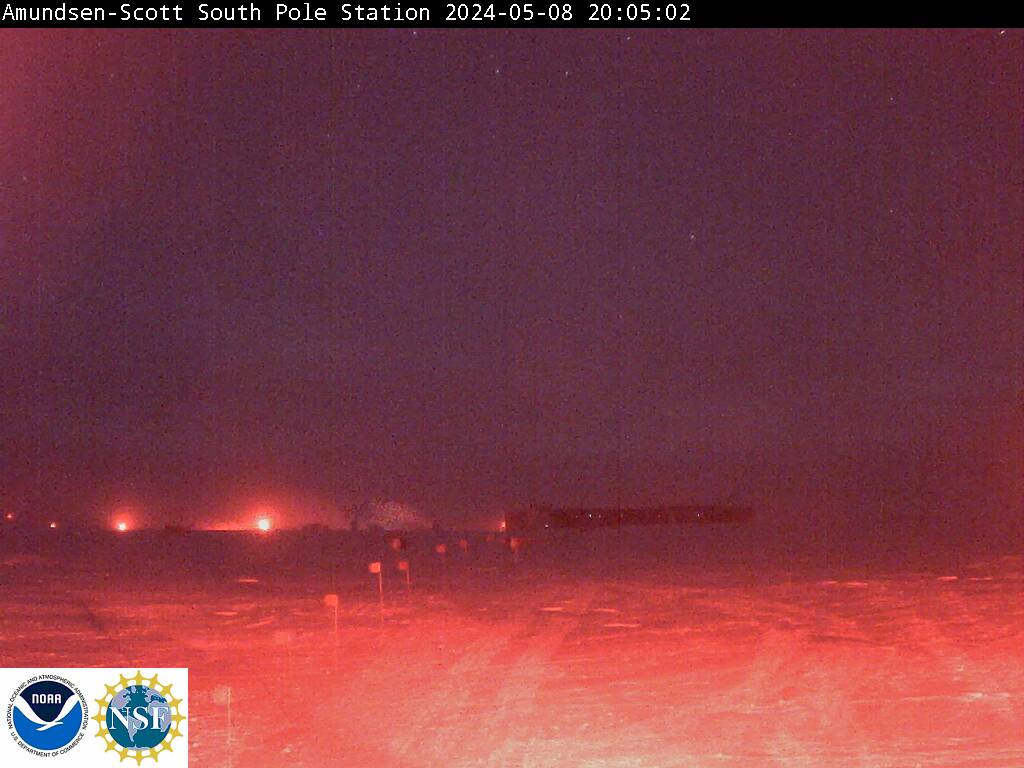
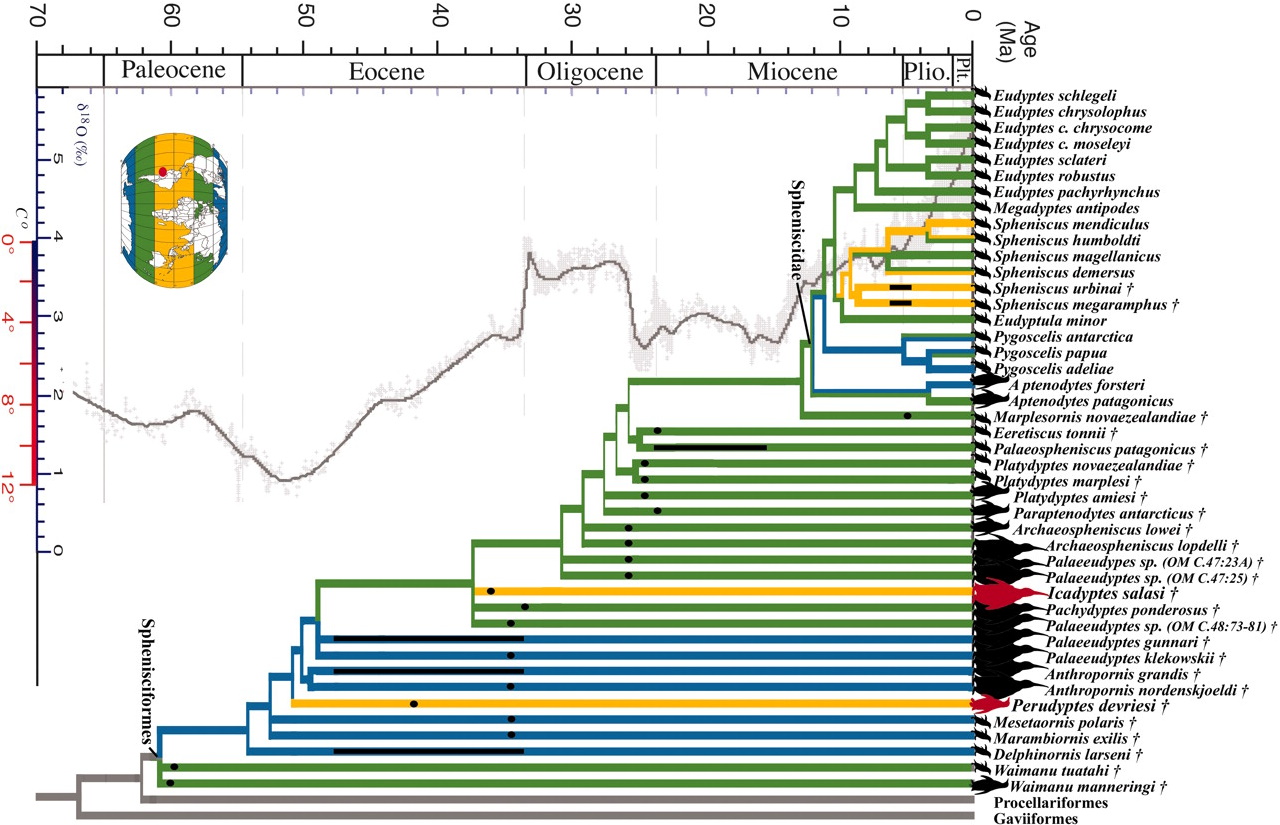

No comments:
Post a Comment